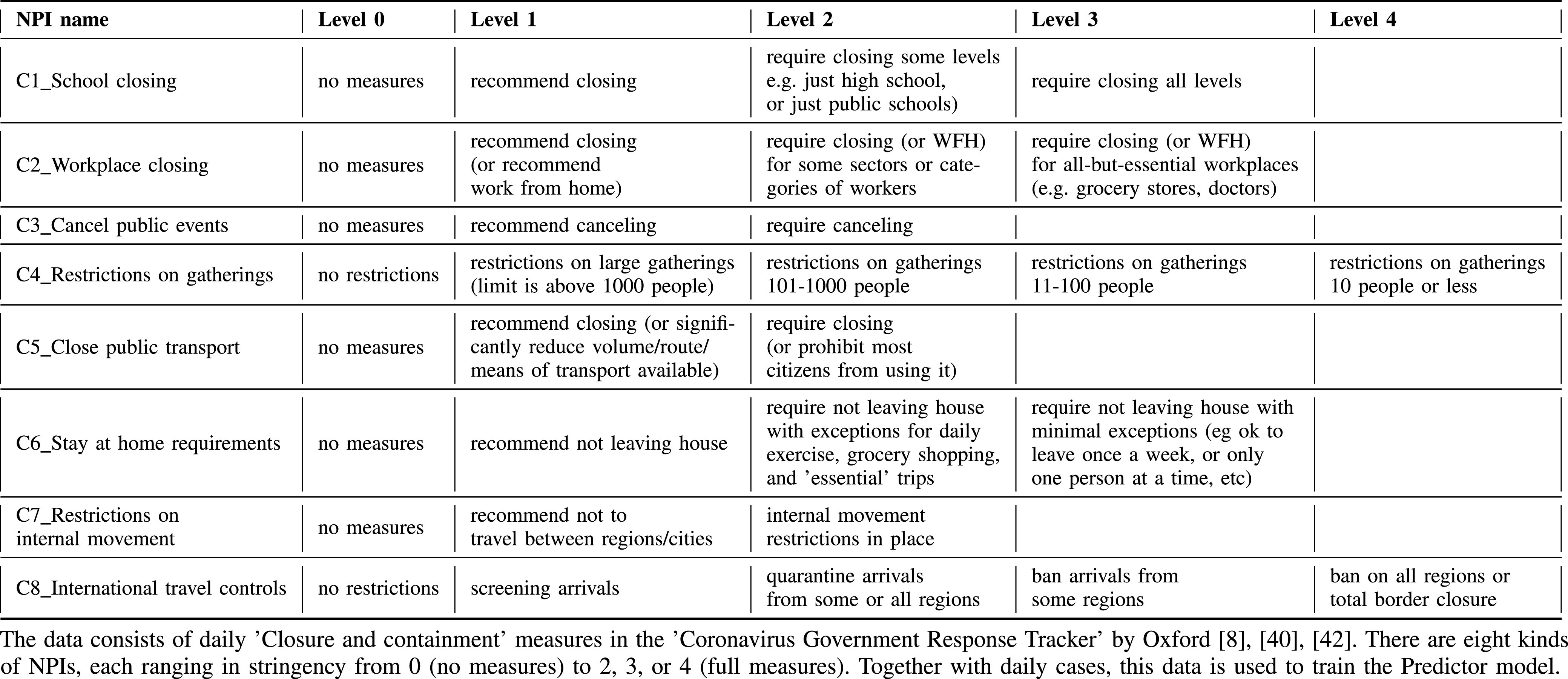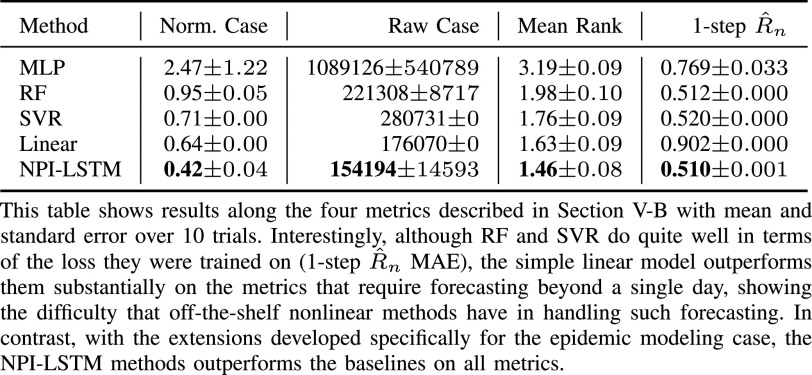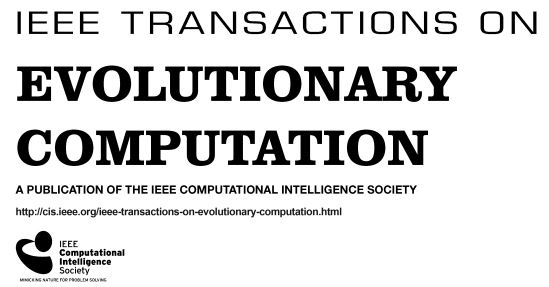从预测到处方:新冠肺炎大流行中非药物干预的进化优化
IF 11.7
1区 计算机科学
Q1 COMPUTER SCIENCE, ARTIFICIAL INTELLIGENCE
引用次数: 23
摘要
已经开发了几个模型来预测新冠肺炎大流行如何传播,以及如何通过非药物干预来控制它,如社交距离限制、学校和企业关闭。本文展示了如何使用进化人工智能来促进下一步,即自动确定最有效的干预策略。通过进化代理辅助处方,可以生成大量的候选策略,并用预测模型对其进行评估。原则上,可以为不同的国家和地区定制战略,并在遏制疫情的需要和将其经济影响降至最低的需要之间取得平衡。早期的实验表明,工作场所和学校的限制是最重要的,需要仔细设计。他们还证明,解除限制的结果可能是不可靠的,并提出了灵活实施限制的创造性方法,例如,随着时间的推移交替实施。随着越来越多的数据可用,该方法在应对新冠肺炎以及未来可能的大流行方面可能越来越有用。本文章由计算机程序翻译,如有差异,请以英文原文为准。



From Prediction to Prescription: Evolutionary Optimization of Nonpharmaceutical Interventions in the COVID-19 Pandemic
Several models have been developed to predict how the COVID-19 pandemic spreads, and how it could be contained with nonpharmaceutical interventions, such as social distancing restrictions and school and business closures. This article demonstrates how evolutionary AI can be used to facilitate the next step, i.e., determining most effective intervention strategies automatically. Through evolutionary surrogate-assisted prescription, it is possible to generate a large number of candidate strategies and evaluate them with predictive models. In principle, strategies can be customized for different countries and locales, and balance the need to contain the pandemic and the need to minimize their economic impact. Early experiments suggest that workplace and school restrictions are the most important and need to be designed carefully. They also demonstrate that results of lifting restrictions can be unreliable, and suggest creative ways in which restrictions can be implemented softly, e.g., by alternating them over time. As more data becomes available, the approach can be increasingly useful in dealing with COVID-19 as well as possible future pandemics.
求助全文
通过发布文献求助,成功后即可免费获取论文全文。
去求助
来源期刊

IEEE Transactions on Evolutionary Computation
工程技术-计算机:理论方法
CiteScore
21.90
自引率
9.80%
发文量
196
审稿时长
3.6 months
期刊介绍:
The IEEE Transactions on Evolutionary Computation is published by the IEEE Computational Intelligence Society on behalf of 13 societies: Circuits and Systems; Computer; Control Systems; Engineering in Medicine and Biology; Industrial Electronics; Industry Applications; Lasers and Electro-Optics; Oceanic Engineering; Power Engineering; Robotics and Automation; Signal Processing; Social Implications of Technology; and Systems, Man, and Cybernetics. The journal publishes original papers in evolutionary computation and related areas such as nature-inspired algorithms, population-based methods, optimization, and hybrid systems. It welcomes both purely theoretical papers and application papers that provide general insights into these areas of computation.
 求助内容:
求助内容: 应助结果提醒方式:
应助结果提醒方式:


